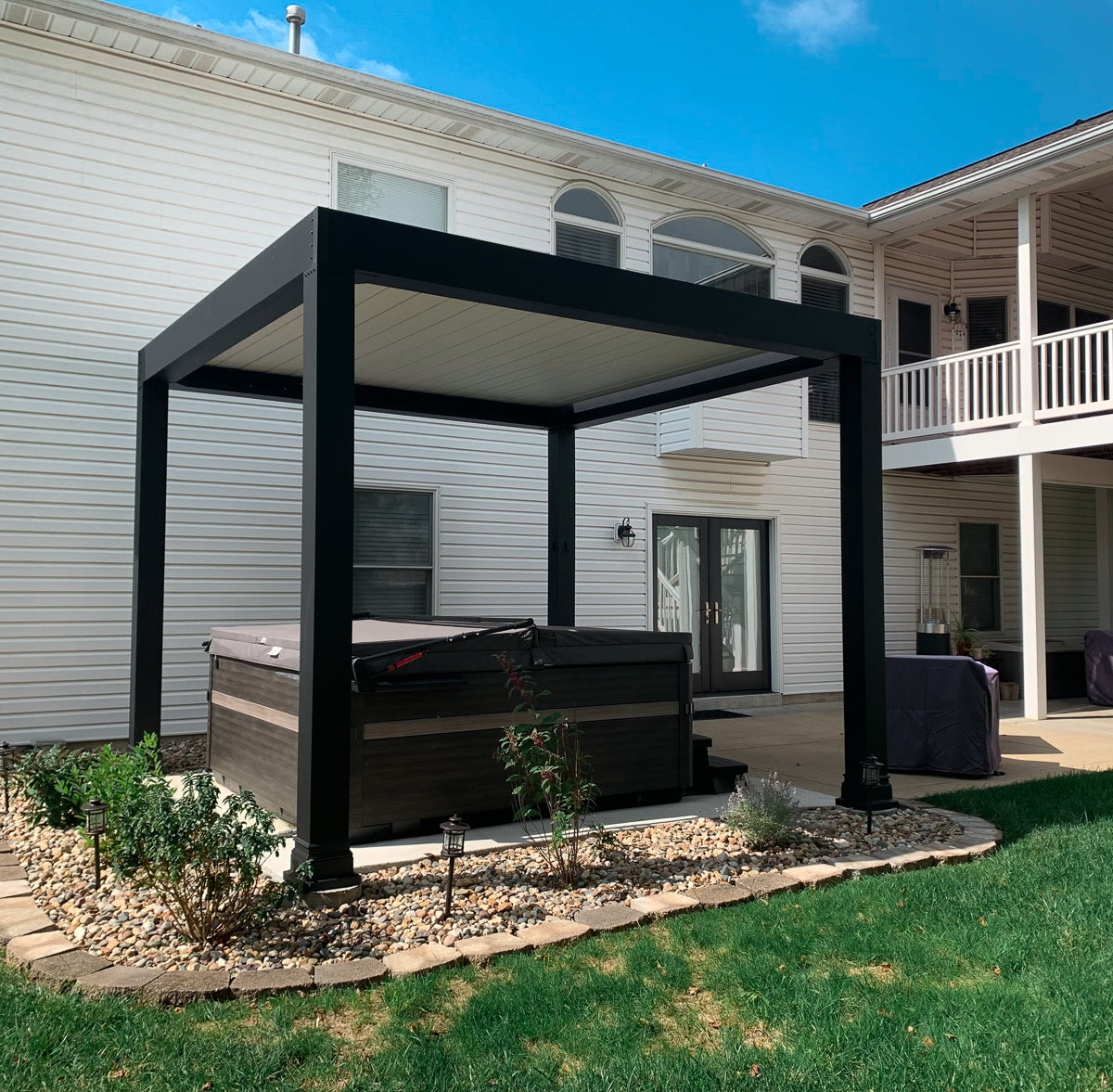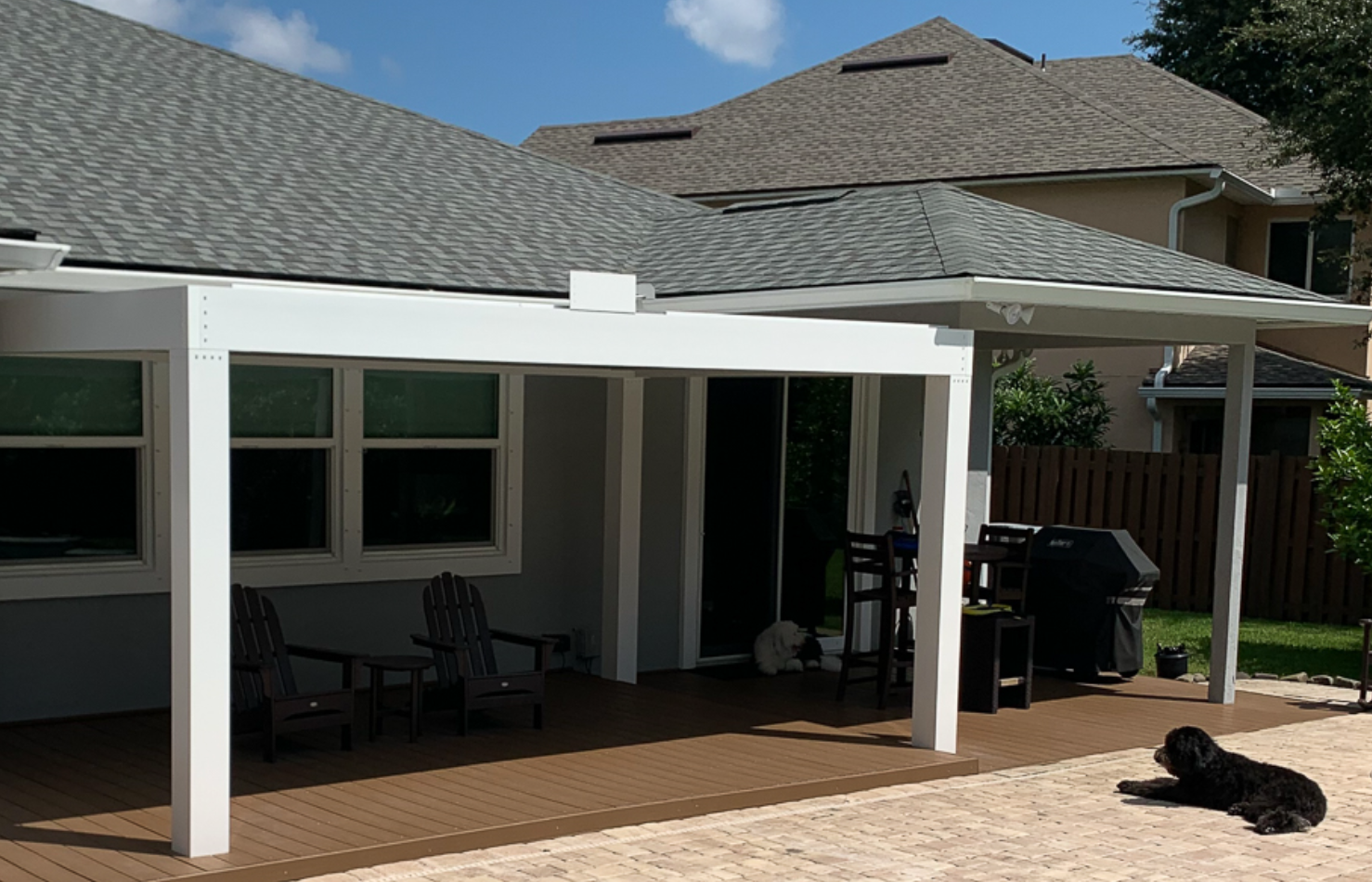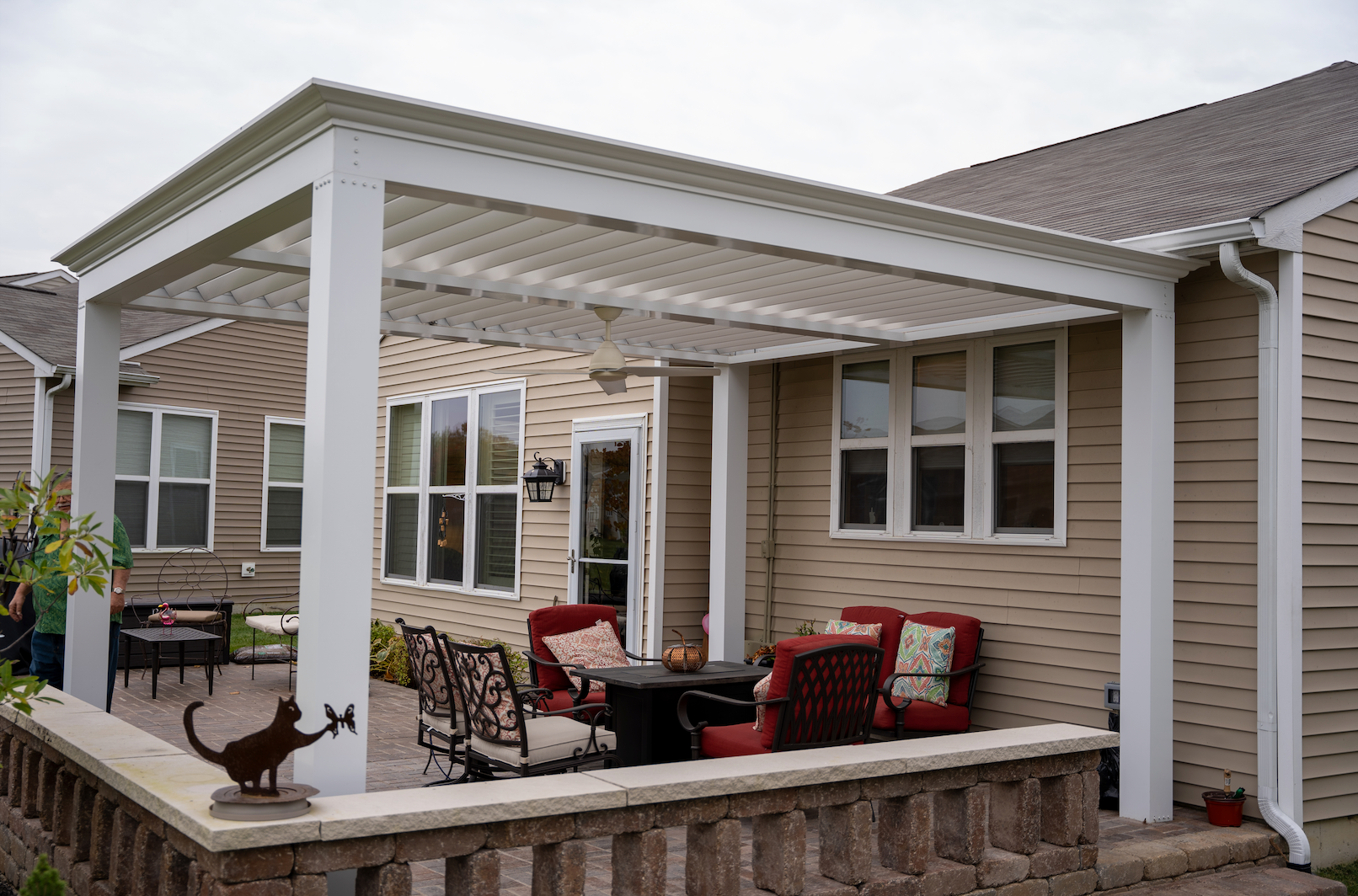Introduction to Pergolas and Patio Covers
A pergola of course! But why? Read below for more answers and a better understanding of a pergola vs patio cover.
Outdoor living space refers to areas outside of a building, typically around a residential property, that are designed and furnished to serve as an extension of indoor living.
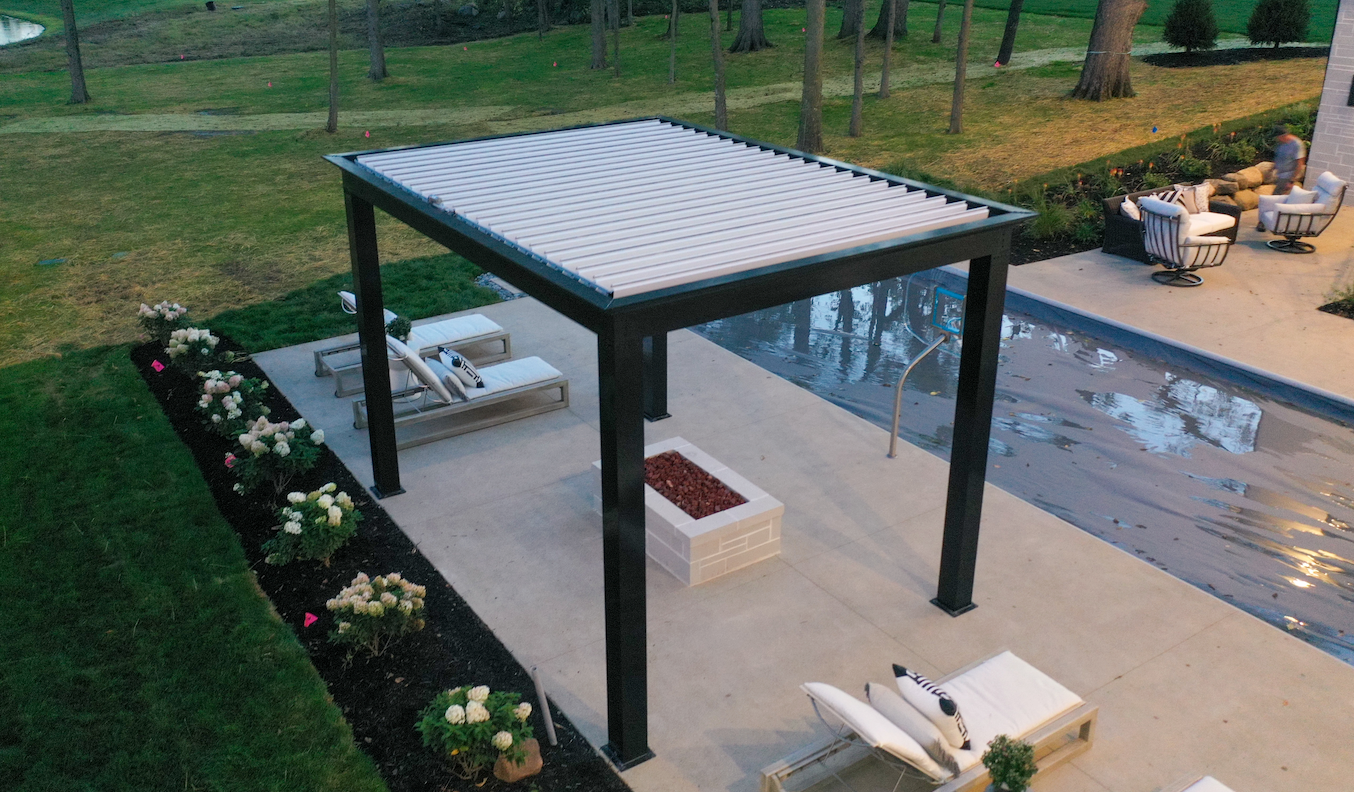
These spaces are planned and arranged to provide a comfortable and functional environment for various activities, allowing individuals to enjoy and make sue of their outdoor space.
Outdoor living spaces can vary widely in size, style and features, but they generally aim to enhance the overall living experience by providing opportunities for relaxation, entertainment, and recreation.
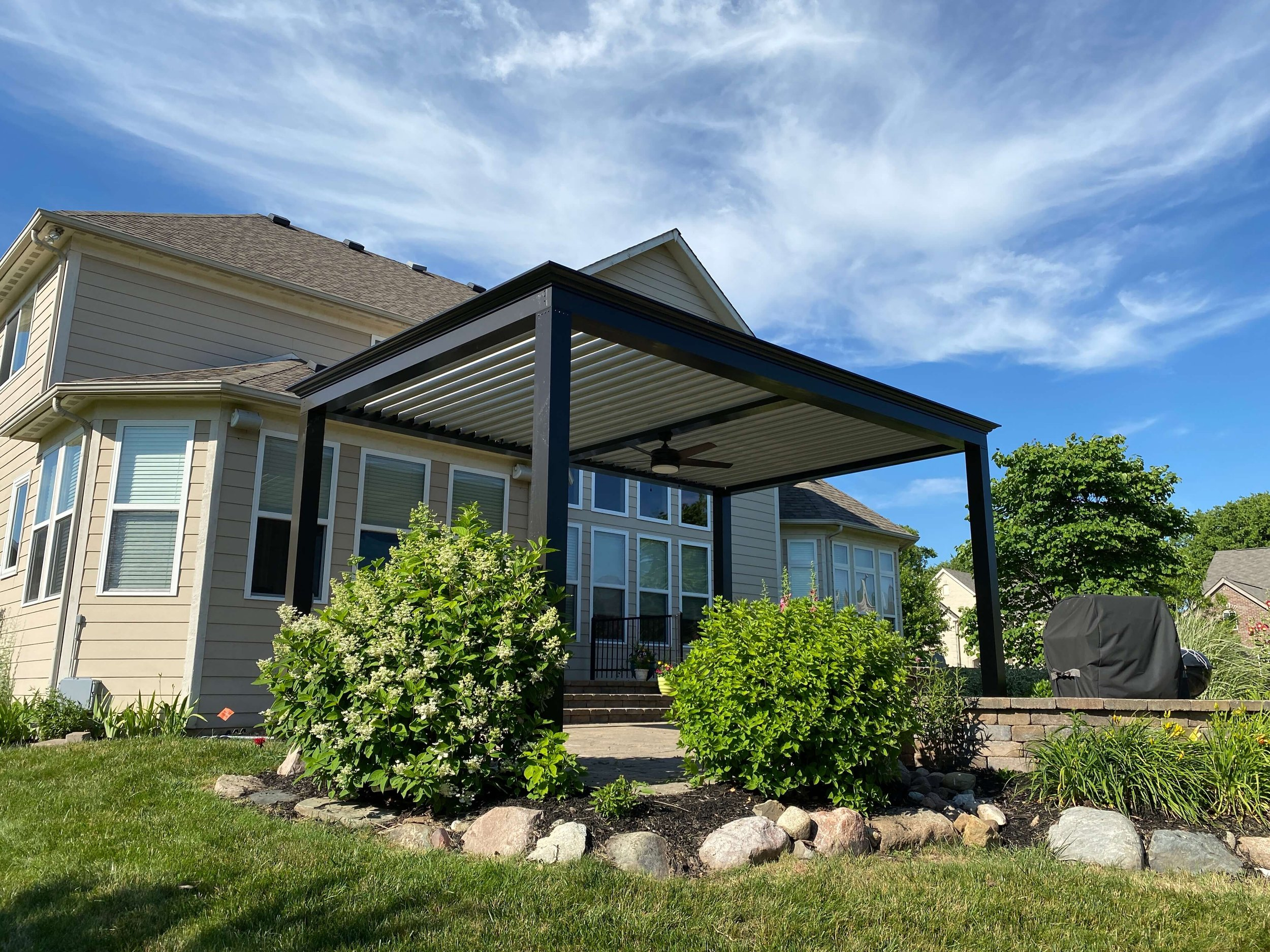
A pergola or patio cover can be nice options, it's just important to know how each are defined and to choose wisely.
Pergolas
Definition and characteristics
Pergolas can have an open design, with a framework that allows sunlight and air to filter through. Unlike enclosed structures, they offer a partially shaded area. The main support structure of a pergola is formed by vertical posts or pillars. These can be attached to the ground or a solid surface.
Horizontal cross-beams are placed atop the vertical supports, creating an overhead lattice or grid. This lattice may be left open or covered with materials like fabric, vines, or other climbing plants.
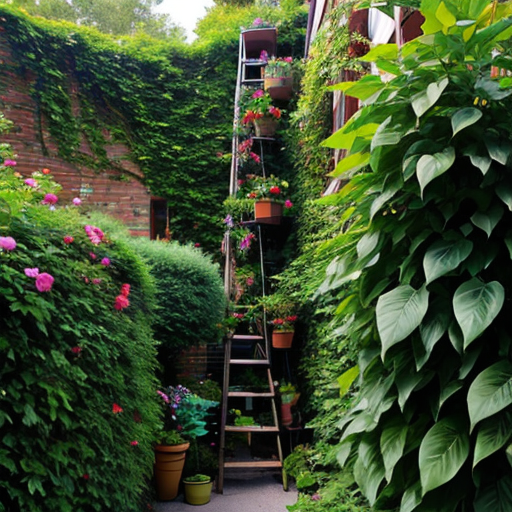
Pergola Advantages for Outdoor living space
Pergolas are often chosen for their aesthetic qualities, contributing to the overall design and landscaping of outdoor spaces. The open structure allows for creative and decorative elements.
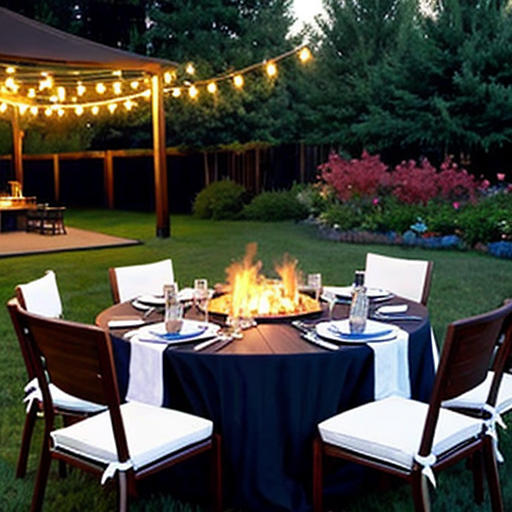
Table of Contents
- Introduction to Pergolas and Patio Covers
- Pergolas
- Definition and characteristics
- Pergola Advantages for Outdoor living space
- Pergola Disadvantages for Outdoor space
- Patio Cover
- Considerations for choosing
- Climate and local weather conditions
- Intended use of the outdoor living space
- Design preferences and aesthetics
- Conclusion
Pergolas are also well suited for supporting climbing plants or vines, which can grow along the vertical posts and cross-beams. This adds a natural and green element to the structure.
Pergolas are used to define specific outdoor areas, creating a designated space for activities such as dining, relaxing or entertaining.
They are also on extension of your home, in your backyard space. Pergolas can come in various designs, sizes and materials, offering a high degree of customization to suit different styles and preferences.
The open design of pergolas allow for increased airflow, making them comfortable spaces even in warm weather.
Pergola Disadvantages for Outdoor space
While pergolas are popular outdoor structures with many benefits, they also come with certain disadvantages. It's essential to consider these drawbacks when deciding whether a pergola is the right choice for a specific outdoor space. Below are some common disadvantages or pergolas.
Certain pergolas only offer partial protection from the elements, if they have an open roof style. While they offer some shade, they do not provide full coverage from rain, intense sunlight, or strong winds.

Pergolas, especially those covered with climbing plants, may require regular maintenance. This includes pruning and caring for the vegetation to prevent overgrowth and maintain the structures aesthetic appeal.
While pergolas can be relatively cost effective compared to more elaborate outdoor structures, high-quality materials and intricate designs can increase the overall cost.
Patio Cover
Definition and Characteristics
A patio cover is a structure installed to provide shelter and protection to an outdoor patio or deck. Unlike a pergola, which typically has an open or lattice roof, a patio cover has a solid and more enclosed roof structure.
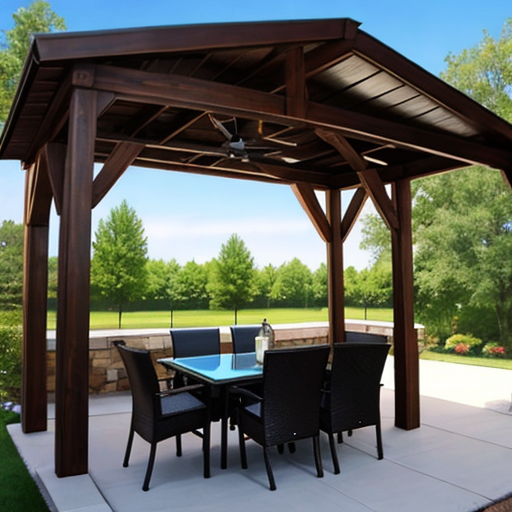
Patio covers are designed to extend the living space of a home into the outdoors while offering shade, protection from the rain, and sometimes additional features like lighting or fans.
Advantages of Patio Covers
The defining feature of a patio cover is its solid roof, which provides full coverage and protection from rain, snow, and sunlight. This offers more complete shelter compared to the open design of a pergola.
Many patio covers are attached to the existing structure of the house, creating a seamless extension of the indoor living space. However, freestanding patio covers are also common, especially in larger outdoor areas.
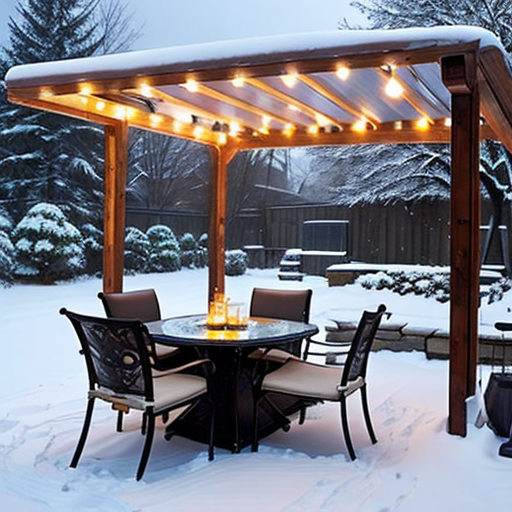
The solid roof of a patio cover provides more privacy compared to the design of a pergola, making it a suitable choice for those who value seclusion.
Disadvantages
Patio covers may not offer the same level of design flexibility or aesthetic appeal as open structures like pergolas. The solid roof can sometimes appear more utilitarian and may not contribute as much to a visually appealing landscape.
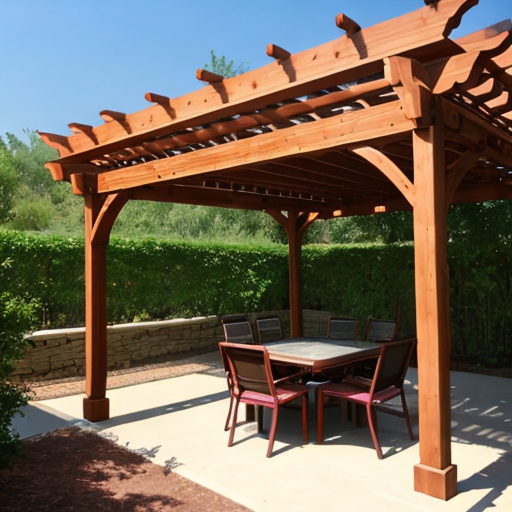
A patio cover is generally more expensive than pergolas due to the additional materials required for a solid roof structure. The cost can increase further with added features such as built-in lighting, fans or heating elements.
Also, the enclosed nature of a patio cover can restrict airflow compared to the open design of a pergola. This can result in a warmer and potentially less ventilated space, particularly in hot weather.
Considerations for choosing
Climate and local weather conditions
You will need to do a deep dive into your local climate, month by month. Determine the amount of sunshine you get each day and where the sunlight is hitting your backyard. If full sun is what you are seeing, than perhaps a patio cover would be a good option for you as it will shield much of the UV rays given off.

Intended use of the outdoor living space
What type of use do you plan on getting out of your outdoor space? A patio cover is ideal for those who plan to use the outdoor space for frequent dining or entertaining. A pergola is more suitable for a more casual or occasional dining experience . Provides provide a pleasant atmosphere but may not offer the same level of weather protection for extended use in all conditions.
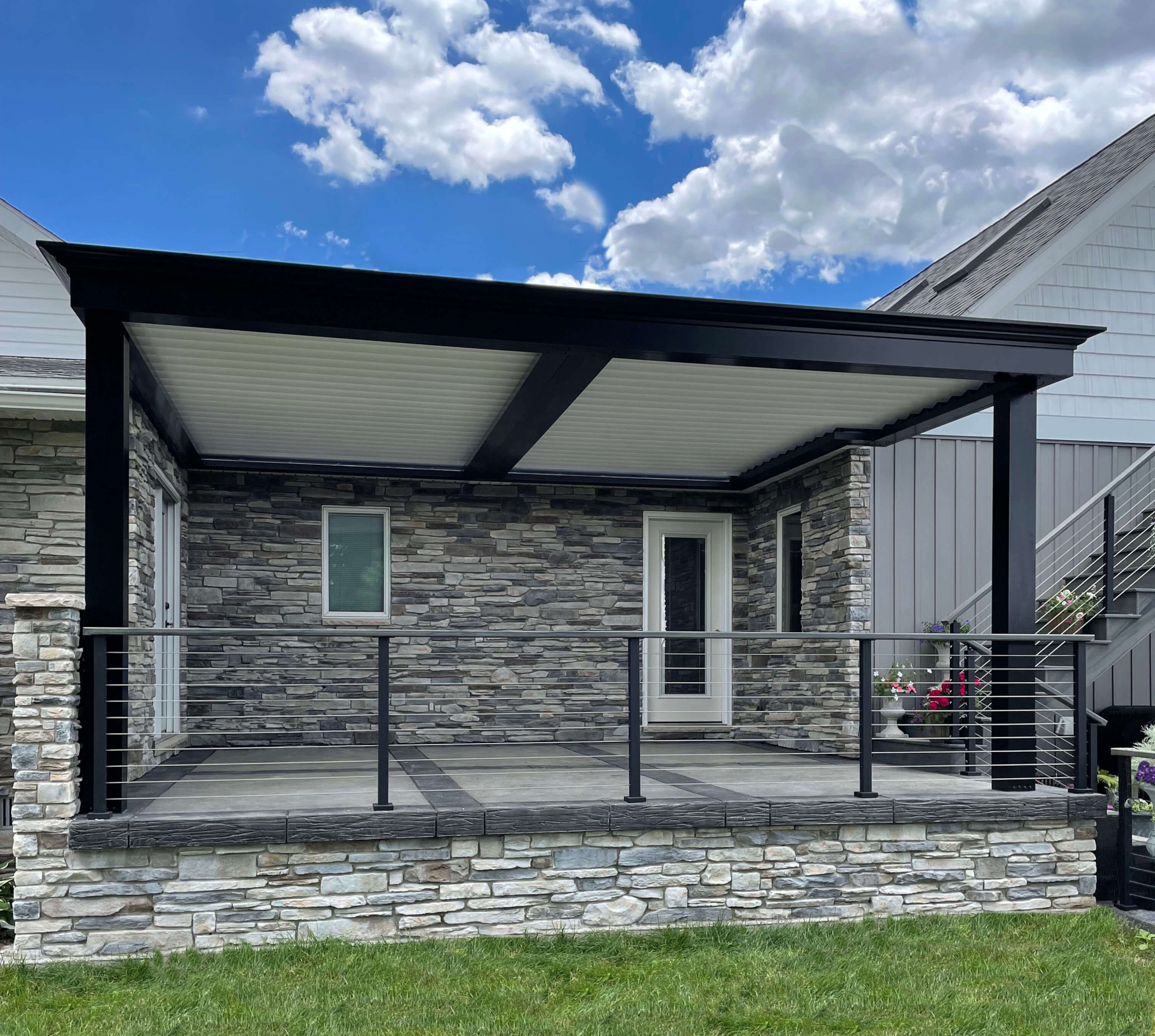
If you intend to use the outdoor space throughout the year, including during inclement weather or extreme temperatures, a patio cover provides better protection, making it a more versatile option.
A pergola is ideal for seasonal use or in regions with mild climates where weather conditions are less extreme.
Design preferences and aesthetics
A patio cover is chosen for a more structured modern appearance, seamlessly extending the architectural design of the house. It's ideal for those who prioritize a cohesive look with the existing structure.
Pergolas appeal to those who want a visually striking and decorative addition to their outdoor space. Pergolas offer design flexibility and can be customized for a more artistic or eclectic look.
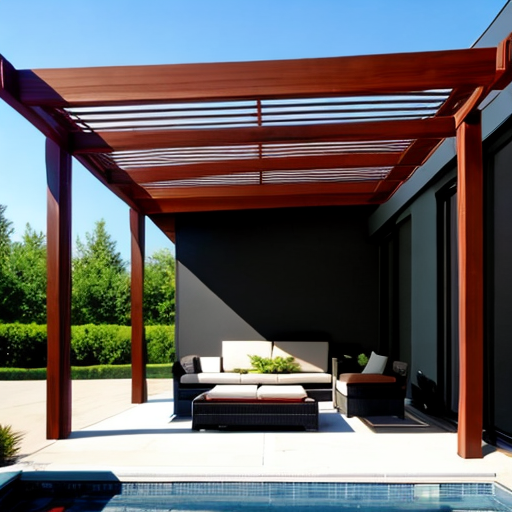
Conclusion
Based upon your outdoor living space and preferences, a pergola or patio cover could both be a good option for you! Take the time to go through all the details before selecting your outdoor shade solutions. Enjoy your new outdoor living addition with a covered patio.



